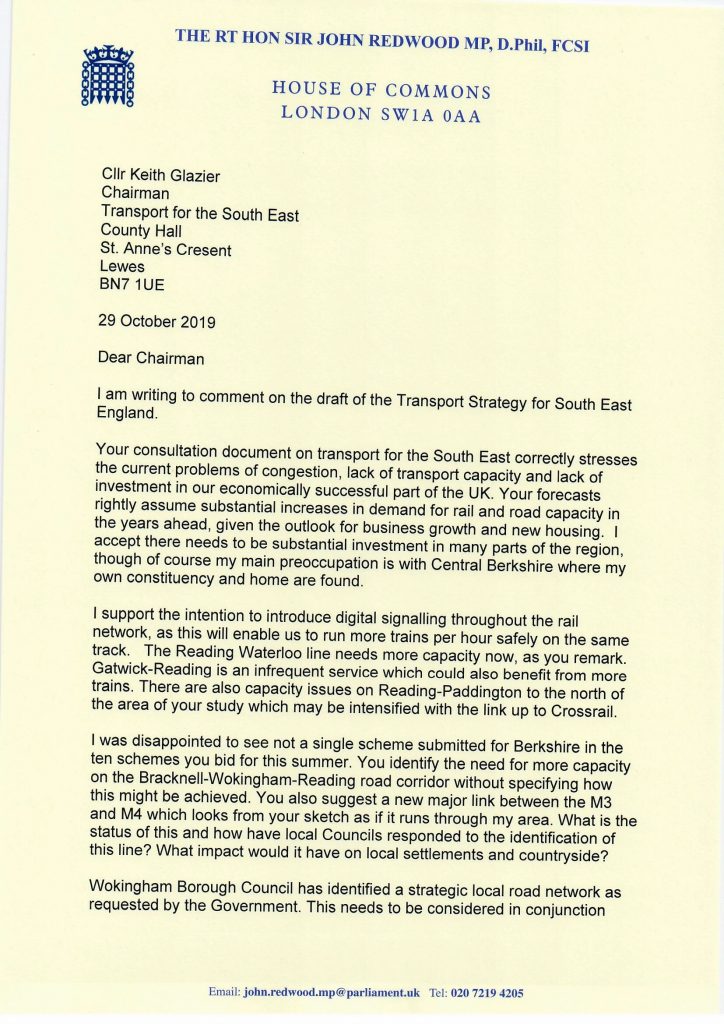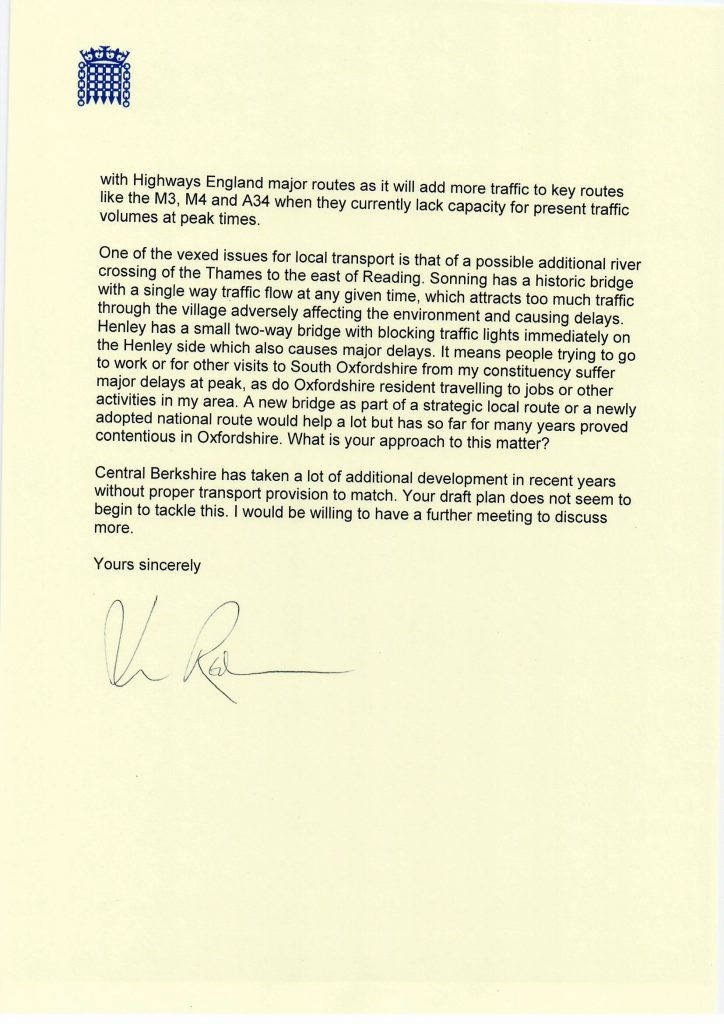John Redwood (Wokingham) (Con): This Parliament is once again misjudging the mood of the public. We were elected here to do serious things on behalf of our public. Conservative and Labour MPs alike were elected to see Brexit through. Three years and four months later, there is no sign of that. Instead, we have this discordant, argumentative Parliament that will do nothing. It will not throw the Government out of office and it will not allow the Government to govern. We owe it to the British people either to allow our Government to govern or to let the British people decide on a better group of MPs who can form a Government and do positive things for our country.
Andrew Percy (Brigg and Goole) (Con): Every constituency in my region voted at the 2016 referendum by a huge margin to leave the European Union. At that time, lots of my constituents, in some of the most deprived communities of this country, told me that they did not trust this Parliament to deliver it. They said, “We won’t get it. They’ll never let us leave.” The five Conservatives out of the 10 MPs in my region might have voted to deliver Brexit, but is not the truth of it that the Labour MPs across my region, bar one or two examples, are never going to vote to leave the European Union, sadly proving right my constituents who said, “They’ll never let us leave”?
John Redwood: My hon. Friend is right, but it is now about more than Brexit. It is about confidence in our parliamentary system to deliver orderly government that can do things for the people or to allow the public to decide who should be a better Government, because the House has no confidence in the Government.
This Parliament needs to put through a Budget quite soon. Our economy needs a boost, and we need to know whether we can have the tax cuts as well as the spending increases, but I suspect that the Government fear bringing a Budget to the House because they think there will be no co-operation as they do not have a majority and this Parliament will not allow a majority to be formed.
This Government have recently brought a Queen’s Speech to the House. It contains a number of good measures that I do not think were ideological or Conservative provocations to socialists and those of a more left-wing nature. They were chosen to build some consensus and address the issues that worry people. But again, I think the Government rightly fear that any one of those measures, if introduced, would probably meet with resistance and a lack of co-operation, in exactly the way that we have been experiencing with all these other measures.
But above all, this House needs to think what message it is sending to all our partners, friends and allies—countries around the world; the businesses that our businesses do business with; all those contacts we have around the globe. They see this country as a great beacon of democracy—a country of great experience in the art of democratic government; a country that has often led the world in putting forward and fighting for those freedoms and showing how they can improve the lives of those governed by them. But instead we are sending a message that we do not know what we are doing and can never agree about anything—that all we can do is have endless rows in this place, for the entertainment of people here perhaps, but to the denigration of our country and the undermining of its position.
How can a Government conduct international negotiations when everything they propose is undermined or voted against by the Opposition, because we do not have a majority? Above all, how can we get to the point where this House decides that it is good legislation to say that the Prime Minister has to break his promises—where it has turned the demand that he break his promises into something that this House calls an Act of Parliament? No wonder we look ridiculous. No wonder we cannot resolve Brexit. No wonder we cannot have a Budget to promote our economy. No wonder we cannot govern with aplomb in the interests of the British people.
The Prime Minister is right that if this House cannot do better, it must dissolve and ask the people to choose a better Parliament. Either we need to be a better Parliament or they need to choose a better Parliament as soon as possible.

